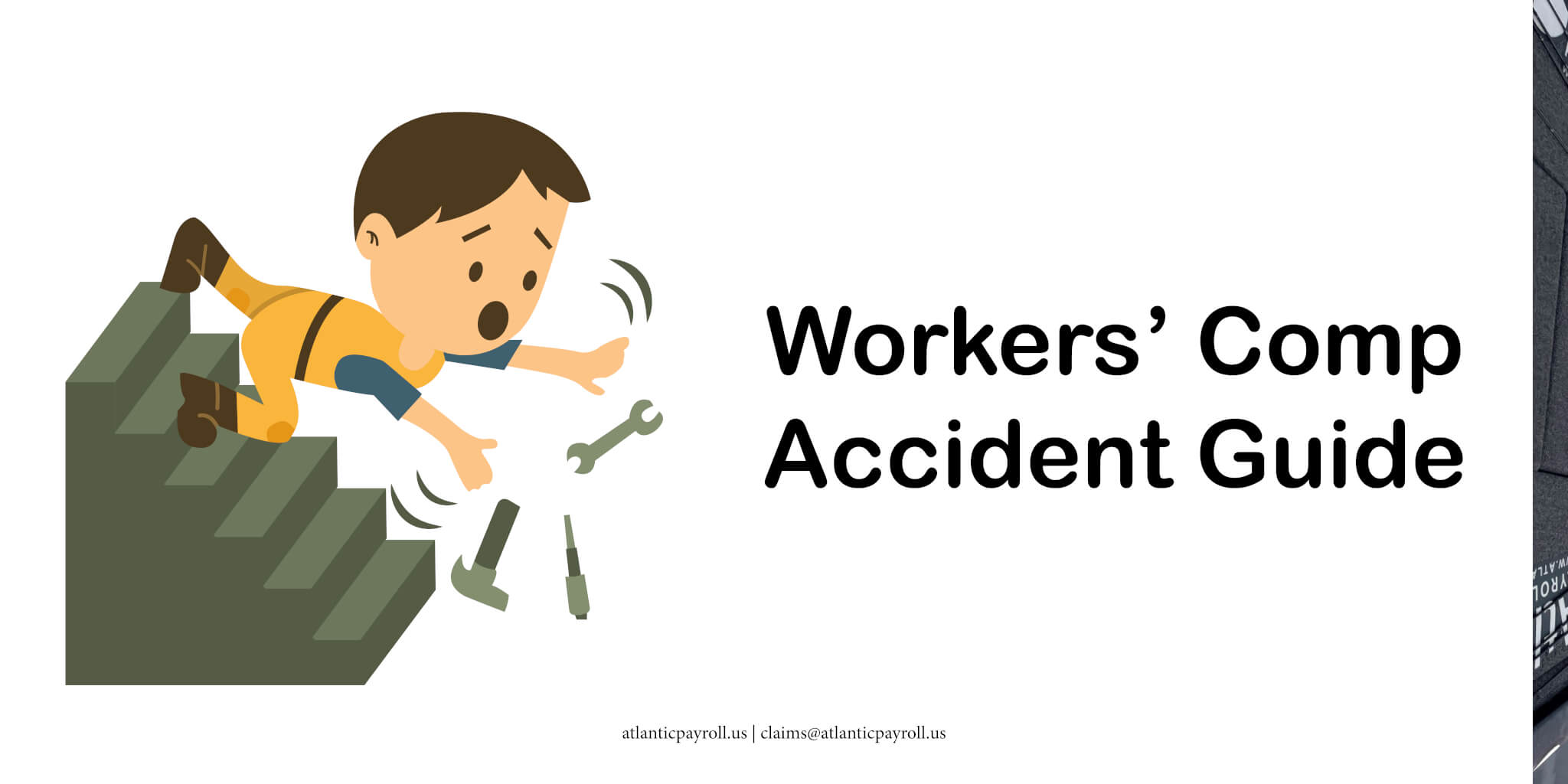3 Things to Consider Before Choosing Benefits Administration Partners
The success of a benefits program depends on how well it’s administered. To improve the outcome, employers often partner with various providers.
Here are three factors to consider before selecting a benefits administration partner:
1. Benefits Administration Models
Benefits administration can be insourced, co-sourced or outsourced, so you’ll need to know which one is appropriate for your business.
Insourcing means you handle your benefits administration tasks in-house via your own internal resources. Outsourcing means you turn over benefits administration to a third-party provider. Co-sourcing is a combination of the two, meaning some tasks are done in-house, and others are outsourced.
In 2012, it was reported, “Most employers of all sizes continue to handle at least some elements of benefits administration internally, although large employers are more likely to outsource benefits administration than are midsized employers.” More recently, in 2019, Bloomberg Tax & Accounting said that most smaller employers (58.8%) at least partially outsource benefits administration.
The most frequently outsourced aspects of benefits administration include:
- Group health administration, as it relates to the Consolidated Omnibus Budget Reconciliation Act (COBRA), Employee Retirement Income Security Act (ERISA) and other related laws.
- Flexible spending account (FSA) administration.
- 401(k) administration.
If you’d like to outsource only routine benefits administration tasks, you can look into an Administrative Services Organization (ASO). But if you want to outsource all of your HR obligations, including benefits, a Professional Employer Organization (PEO) may be a better fit.
2. Third-Party Administrator (TPA)
A Third-Party Administrator is an external company that manages employers’ group benefit plans. TPA services often cover:
-
Analysis and review of benefits providers.
- Cost evaluation and negotiation.
- Plan design and implementation.
- Plan documentation and maintenance.
- Staff education on benefit topics.
- Benefits compliance.
Per the Society of Professional Benefit Administrators (SPBA), a “survey of employers that have in-house benefits managers reports that 79% of employers use TPAs.”
Some TPAs help with multiple types of benefit plans; others specialize in a singular benefit such as retirement plans or group health insurance. Although a TPA can relieve you of the stress associated with high-level benefits administration, it’s important to perform due diligence before choosing one.
3. Benefits Technology
A well-designed benefits platform is key to administrative efficiency and employee participation in the benefits program.
Common features of benefits technology:
- Integrated — streamlines human resources, benefits and payroll administration.
- Benefits compliance — simplifies adherence to benefit laws.
- Communication tools — facilitates open enrollment and benefits education.
- Employee self-service — enables online benefits enrollment and management.
- Analytics and reporting — delivers fast access to reliable benefits data.
- Electronic Data Interchange (EDI) — enhances communication with benefits providers.
When evaluating technology vendors, be sure to examine the platform’s scalability, workflow-automation capabilities and decision-support tools. These characteristics are vital to efficiency, accuracy, compliance and the overall performance of the benefits function.
Copyright 2024
Why Atlantic Payroll Partners
The biggest payroll companies probably won’t have time for your business. It’s that simple, you’ll be a number. At Atlantic Payroll Partners, you’ll be the opposite. We’ll know more than your name; we’ll know the names of your children and their birthday’s as well. We will know you.
We’ve been helping Florida business by managing their payroll and providing workers' compensation quotes for ten years. We help keep payroll cost affordable by provided transparent PEO payroll quotes that allow you to plan your budget accordingly. Like the big payroll companies, you can manage your payroll and payroll timekeeping with us, while reaping the benefits of PEO risk management.
Thinking about payroll outsourcing can be scary. Make sure you know what to expect from payroll outsourcing providers; to make the best decision for your business. In addition to offering payroll, and workers' comp quote we offer: Human Resource consultations, Accounting services, and benefits such as, 401ks and Healthcare plans.
The job market is competitive and your business needs to standout. 401K’s are a great retention and recruiting tool. If you don’t currently offer a 401k plan you and you want to there are some things you should know; specifically, about the 401k Nondiscrimination Rule.
At Atlantic Payroll Partners we do more than offer payroll services. We offer 401k plans. Below we discuss the 401k Nondiscrimination Rule.
A 401(k) is a special kind of plan, and it comes with special rules. Among those are nondiscrimination rules, which are designed to make sure your retirement plan benefits all your employees.
To give everyone an opportunity to save for the future, a 401(k) plan can’t favor highly compensated employees or key employers, such as owners. Nondiscrimination tests make sure everything is fair by looking at how much of their income is deferred by employees, how much the company contributes to employee accounts, and what percentage of assets in the plan belong to the highly compensated employees and key employees.
According to the IRS 401(k) overview, the government wants to make sure that deferred wages and employer matching contributions do not overly benefit these two groups:
- Those who own more than 5% of the company, either directly or by family attribution, at any time.
- Those who received more than $125,000 in compensation. You can limit this to the top 20% of employees, ranked by compensation, in your governing plan document.
The government imposes two tests. Let’s start by seeing what each discrimination test measures, how to apply them and what it means if your plan fails.
- The Actual Deferral Percentage test: The IRS says that this test compares the average salary deferrals of highly compensated employees with that of non-highly compensated employees. Each employee’s deferral percentage is the percentage of compensation that’s been deferred to the 401(k) plan. The ADP is calculated by dividing the amount an employee defers by the total W-2 income. The test measures how much income each group contributes to their respective 401(k) plans.
- The Actual Contribution Percentage test: Itꞌs similar to the ADP test, but it compares the average employer contributions received by the two groups — highly compensated versus non-highly compensated — rather than how much they defer. The ACP is calculated by dividing the company’s contribution to an employee by the W-2 income.
Both tests look at the most recent full plan year. If your plan fails either one of the above tests by failing to meet certain ratios, you must take steps to fix it. There are major consequences if you don’t take corrective action. So here are a few fixes recommended by the IRS, any one of which can solve the problem:
- Refund highly compensated employees’ contributions to bring the average contribution rates down to the passing level.
- Make qualified nonelective employer contributions to all non-highly compensated employees to pass the test.
- A combination of the above two corrective actions.
Ultimately, the results of discrimination testing depend on which employees participate by deferring income to their 401(k) accounts, how much they defer and how much a company contributes. It’s a good idea to understand the basics and deadlines because the consequences for late testing or correction can be severe — including IRS penalties, missed tax deductions and even plan disqualification.
Correcting a failure can have unwelcome tax consequences for employees and require you to make contributions you haven’t budgeted for. To address any risk early, it’s advisable to conduct plan testing throughout the year.
Another alternative
Is to offer special kinds of 401(k) plans: safe harbor or SIMPLE. They are not appropriate for all companies, but if they’re right for you, a big advantage is that they don’t require nondiscrimination testing.
This is just a summary of a complex legal and financial issue. In fact, there are many other rules 401(k) plans have to follow. Your best bet is to work with qualified professionals, and keep on top of 401(k) status: A little planning can go a long way to keeping your 401(k) compliant. If you are interested in learning more about getting a 401k we’re more than happy to help. Feel free to call us at 772-466-0440 or send us a message.
Copyright 2021
Why Atlantic Payroll Partners
The biggest payroll companies probably won’t have time for your business. It’s that simple, you’ll be a number. At Atlantic Payroll Partners, you’ll be the opposite. We’ll know more than your name; we’ll know the names of your children and their birthday’s as well. We will know you.
We’ve been helping Florida business by managing their payroll and providing workers' compensation quotes for ten years. We help keep payroll cost affordable by provided transparent PEO payroll quotes that allow you to plan your budget accordingly. Like the big payroll companies, you can manage your payroll and payroll timekeeping with us, while reaping the benefits of PEO risk management.
Thinking about payroll outsourcing can be scary. Make sure you know what to expect from payroll outsourcing providers; to make the best decision for your business. In addition to offering payroll, and workers' comp quote we offer: Human Resource consultations, Accounting services, and benefits such as, 401ks and Healthcare plans.




